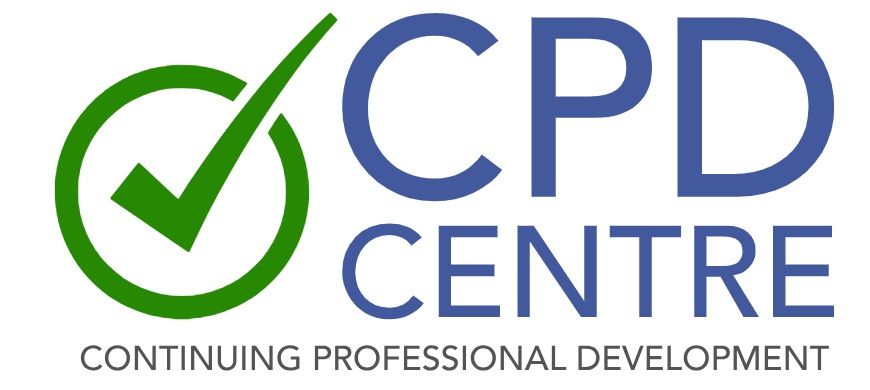What is a Variation in Construction?
A variation refers to any modification to the original agreed-upon scope of work. This can occur due to client requests, unexpected site conditions, or design changes. Variations commonly involve adjustments in design, materials, labour, schedules, or costs.
Importance of Documenting Variations for CPD Compliance
Documenting variations clearly aligns with professional standards required for earning CPD points. Proper documentation shows your commitment to professional excellence and adherence to best practices, both crucial for your ongoing CPD accreditation.
1. Avoid Misunderstandings and Disputes
While verbal agreements may seem quick, they often result in misunderstandings. Clear written documentation ensures everyone is on the same page, reducing delays and stress and demonstrating your professional competence.
2. Legal Protection
In NSW, the law strongly favours documented agreements. Signed variation orders serve as concrete proof in legal disputes, protecting your business and confirming your adherence to regulatory and professional standards—a significant aspect of maintaining your CPD compliance.
3. Efficient Project Management
Documented variations allow builders to effectively track and manage changes, maintain schedules, and control resources and costs. Effective management practices, documented and implemented, directly enhance your professional credibility and contribute positively toward your CPD points.
Best Practices for Managing Variations and Earning CPD Points
To manage variations effectively and strengthen your CPD profile:
Use Standard Variation Forms: Clearly detail changes, costs, timelines, and required resources.
Secure Prompt Client Approval: Have your client promptly sign and date the variation document.
Maintain Detailed Records: Keep organized, accessible records of all variation documents as evidence of professional practice.
NSW Builders: Documented Variations as a Pathway to CPD Points
Every NSW builder must recognize that documenting variations is more than good practice—it's essential for compliance, risk management, and earning CPD points. Proper documentation not only reduces disputes but also strengthens your professional portfolio.


